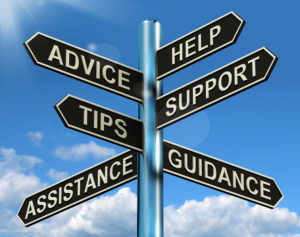The Right to Advise.
When may I have an opinion, and when must I stand down?
In the line of work that I am, I often find myself in a situation where I am dispensing some form of advice or another.
The problem is, I am often far from perfect, even in the very areas where I am waxing eloquent. Hence my question, when do I lose my right to advise? Must I be a perfect parent before giving parenting advice? Am I required to have a better than average marriage to give marital advice? Must I know that whole Torah to teach it?
I wouldn’t give advice on building codes or construction as I am eminently unqualified to offer an opinion. How far does that extend? I am no coach yet, I often give advice to my kids about how to shoot a basketball or throw a ball. Should I be holding my tongue or do I have permission to speak?
A number of years ago, I called into the Dennis Prager Show, on his “open lines Friday” where you can ask any question. I asked him, how he was comfortable giving weekly advice on his “male female hour” when he himself was on his third marriage?
He gave a short, but to the point response. Who better to give advice then someone who has been there, done that. Failed and picked up again. Learned from his mistakes and now has more experience then someone who “stuck it out” in a bad marriage, or never experienced challenge in their marriage.
He made a good point. I think that point is true and consistent with Jewish thought.
On matters of emotion, day to day life, and spirit, you need simply to have common sense, and genuine empathy. If you do, you are giving your best, based on your experience and your dedication to the recipient not in question. You don’t have to be perfect to share your perspective, you need simply to be working on yourself.
On matters of medicine, finance, life and death and that like, you should be qualified and not bloviate. As there can be serious financial and and even life and death repercussions, so you need to differ to the experts.
Pragmatically, if we waited until we were fit to parent and lead before having children or reaching beyond ourselves to do something new and great, the world would be empty and have no professionals.
In summation. I think the question is based on a false premise. It’s not about having a right to advise, rather a privilege to do so. When seen in that light, it can be done even if you are still working out your own details.
Picture: architectoncoffee.com
Blog 2/52
